What Is an EKG & Why Might a Doctor Request One?
The human body relies on various organs to function properly, one of which being the heart. This fist-shaped organ is located behind and to the left of the breastbone and is the primary organ in the circulatory system. Without a properly-functioning heart, life as we know it wouldn’t exist.
The heart, which is technically a muscle, is made up of four chambers that work together to pump oxygen- and nutrient-filled blood throughout the rest of the body. It’s responsible for controlling your heart rate and regulating your blood pressure, which is essential for all life.
As miraculous as the heart is, it isn’t perfect by any means. In fact, heart disease is the leading cause of death in the United States – killing one person every 36 seconds and nearly 700,000 people every year (25% of all deaths). Over 30 million people have cardiovascular disease.

What is an EKG (Electrocardiogram)?
Maintaining and regulating your heart health is extremely important to living a quality, happy, healthy, and rewarding life. And while some people are subject to heart problems and heart disease, there are a number of ways to monitor, prevent, detect, and treat those problems.
That’s where an electrocardiogram comes into play. Also known as an EKG or ECG, an electrocardiogram measures and records the heart's electrical signals and electrical impulses in the heart. This allows your doctor to detect and diagnose certain heart diseases, allowing you to receive prompt treatment.
An electrocardiogram is a standard piece of equipment that can be found in most doctor’s offices, hospitals, and ambulances. While it’s a quick, painless, and simple procedure, the results can be life-changing and are often the difference between life and suffering – or death.
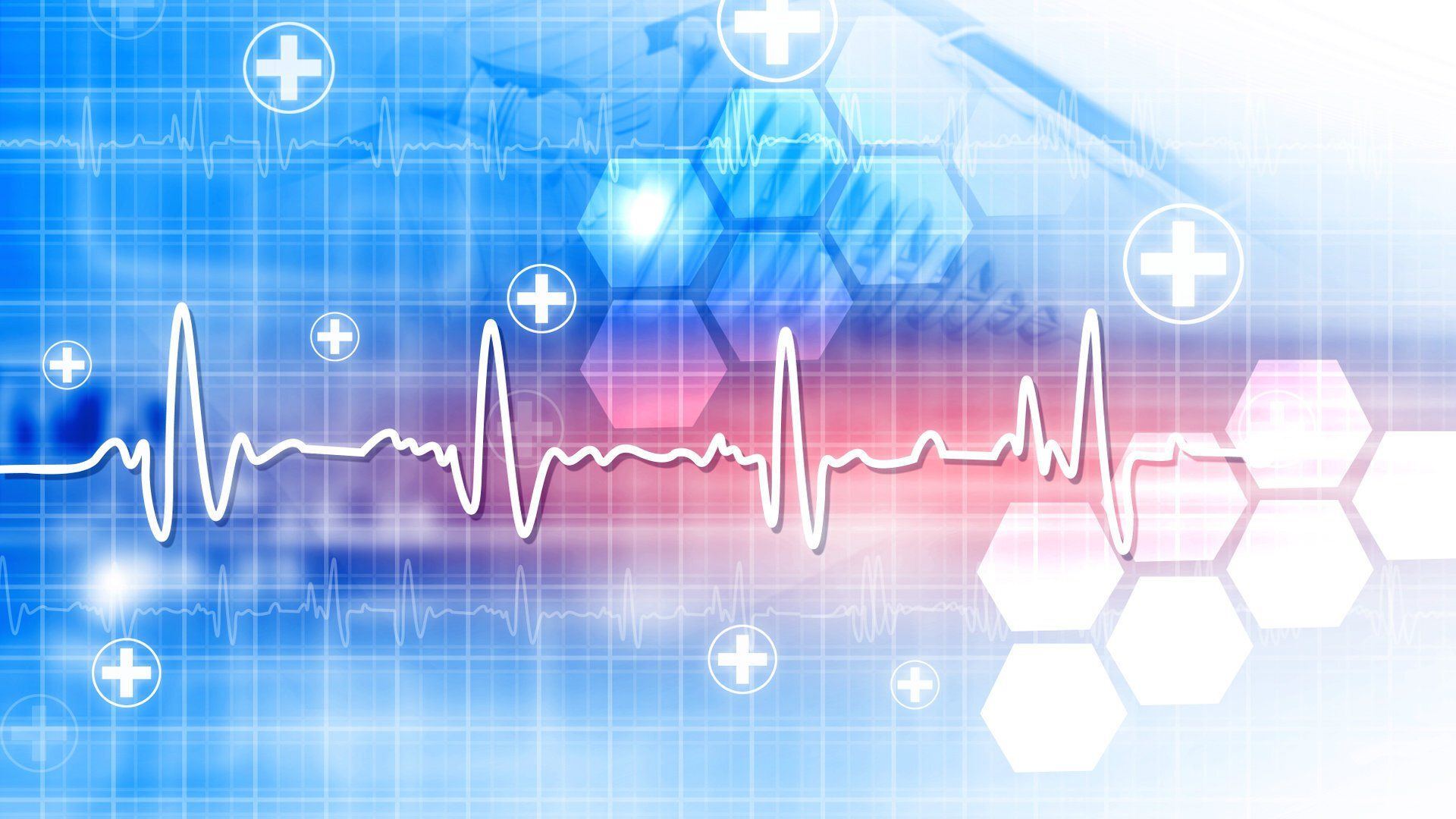
Why Might Your Doctor Request an EKG?
Your doctor might request an EKG if they want to further evaluate your heart for complications or risks, usually based on a physical exam or symptoms the patient is experiencing. Since an electrocardiogram is noninvasive, quick, and painless, it’s usually best to be safe than sorry.
Some of the symptoms that might result in your doctor wanting an EKG include chest pain, dizziness, heart palpitations, rapid pulse, fast heart beat, confusion, lightheadedness, shortness of breath, fatigue, weakness, loss of ability to exercise, swollen legs, and so much more.
Some of the things your doctor is looking for is an irregular heart rhythm (arrhythmias), blocked or narrowing arteries in the heart (coronary heart disease), the presence of a heart attack (could’ve happened in the past), and how well a pacemaker or other treatments are working.
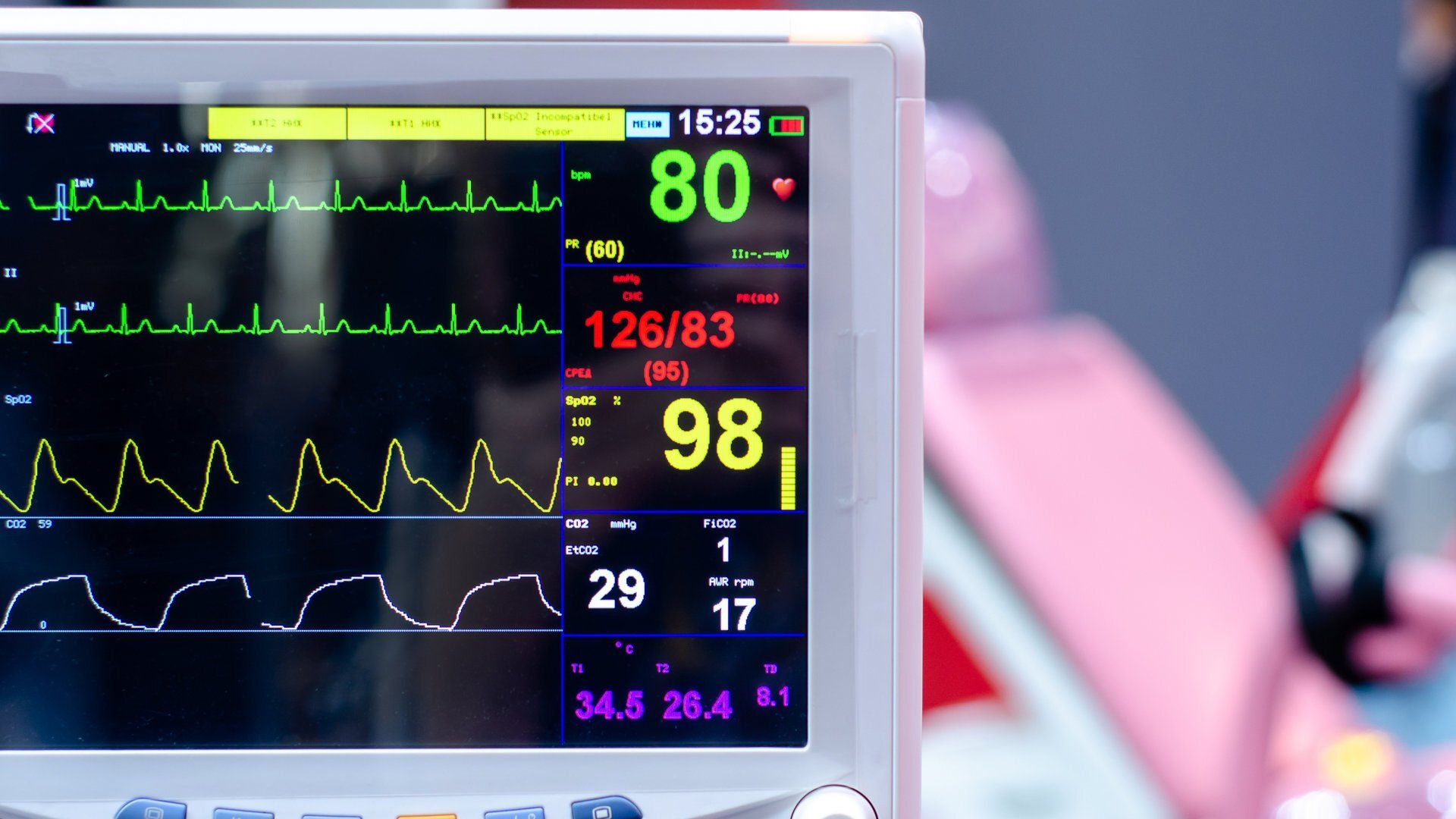
Different Types of Electrocardiogram Tests
As technology continues to evolve and we continue to learn more about the heart, how it works, and more importantly how it doesn’t, doctors have a lot of different ways to measure heart activity with an EKG.
In fact, there are four primary types of EKG tests your doctor can request.
Although the goal of each test is the same – to monitor heart health and detect problems or complications – the method for doing so is different. Depending on your symptoms and other health risks, your doctor will determine which EKG test, if not multiple tests, is right for you.
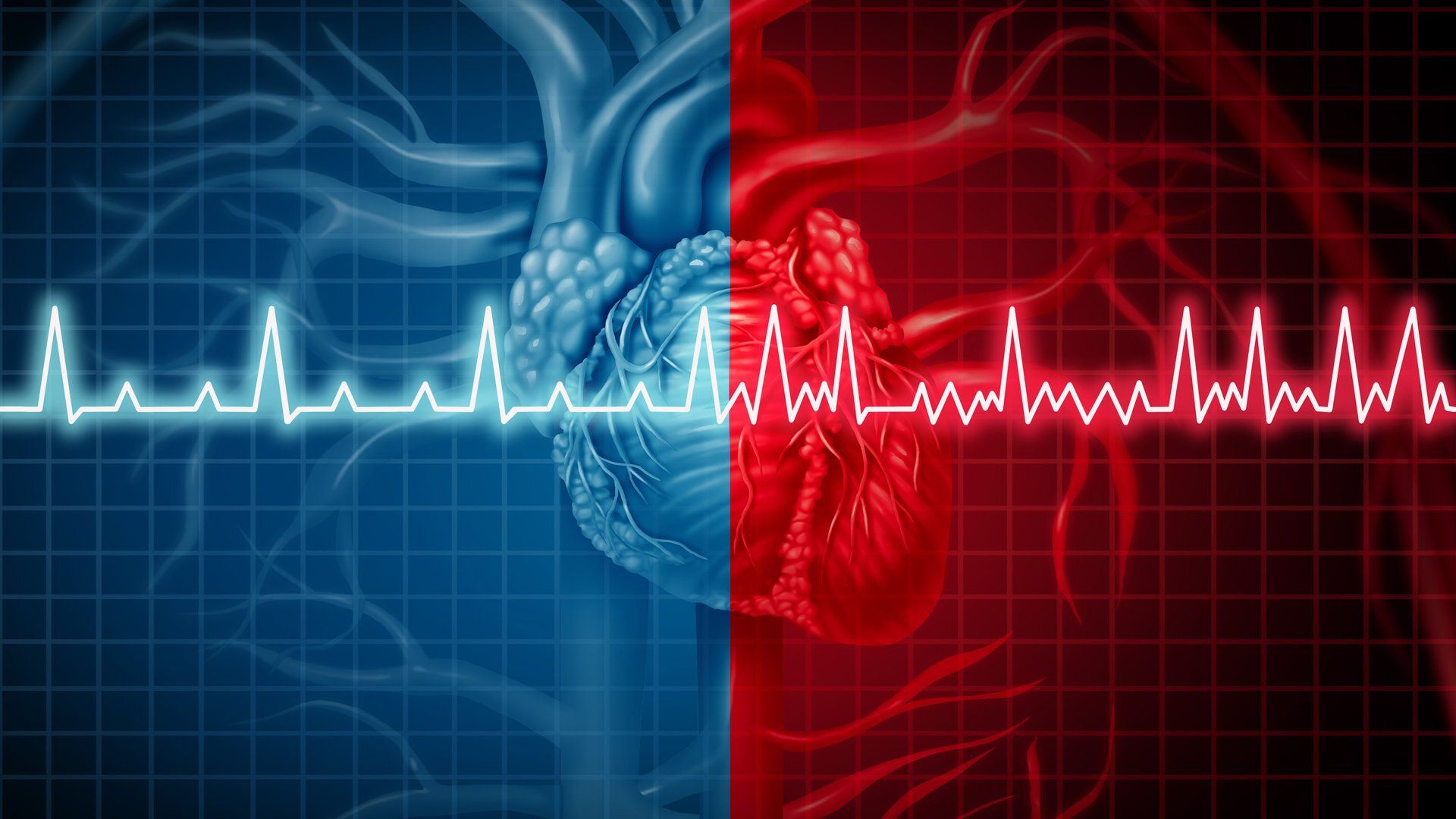
Resting EKG
A standard EKG test usually performed in a doctor’s office or hospital while the patient is sitting or laying down in a comfortable position.
Stress EKG
A standard EKG test usually performed in a doctor’s office or hospital while the patient is exercising, generally on a treadmill or a bicycle.
Holter Monitor
Also known as an ambulatory EKG, this test is usually performed at home with the patient wearing a small device for 24-48 hours.
Event Monitor
Similar to a Holter Monitor in that it’s usually performed at home, but it only records data when issues are detected and is usually worn for up to 30 days.
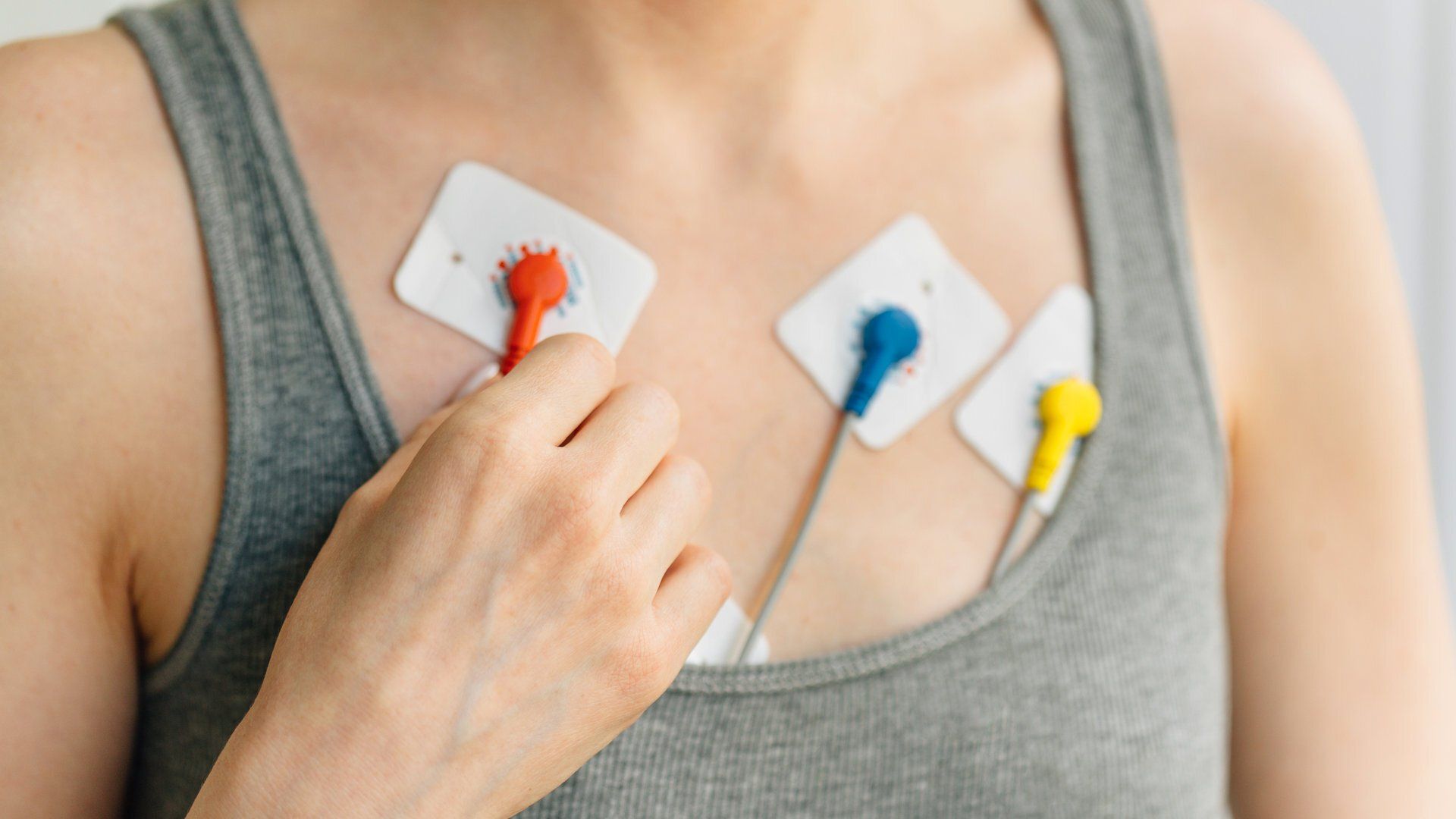
What to Expect During an EKG or ECG Test
An EKG test can be performed inside a doctor’s office, hospital, ambulance, medical helicopter, emergency room, or urgent care clinic. When you arrive, the doctor or nurse will likely have you change into a hospital gown and may shave any body hair where the electrodes are placed.
The electrodes are attached to a sticky patch that sits on the skin. An ECG test generally involves the use of 12 electrodes that are placed on the chest and on the limbs. You’ll either be asked to sit or lie down on an examination table while the electrodes measure electrical activity in the heart.
During the test, you’ll be asked to breathe normally, but you will have to sit or lie still. Any shivering, talking, moving around, or twitching might interfere with the recording. As the EKG measures the heart's electrical activity, it’s recorded on a piece of paper or monitor, displayed as waves.
After the exam is done, your doctor will have a better idea of your heart rate, heart rhythm, blood and oxygen supply to the heart, heart structure changes, and whether or not the patient has endured a heart attack (currently or in the past). You can return to normal activities when done.
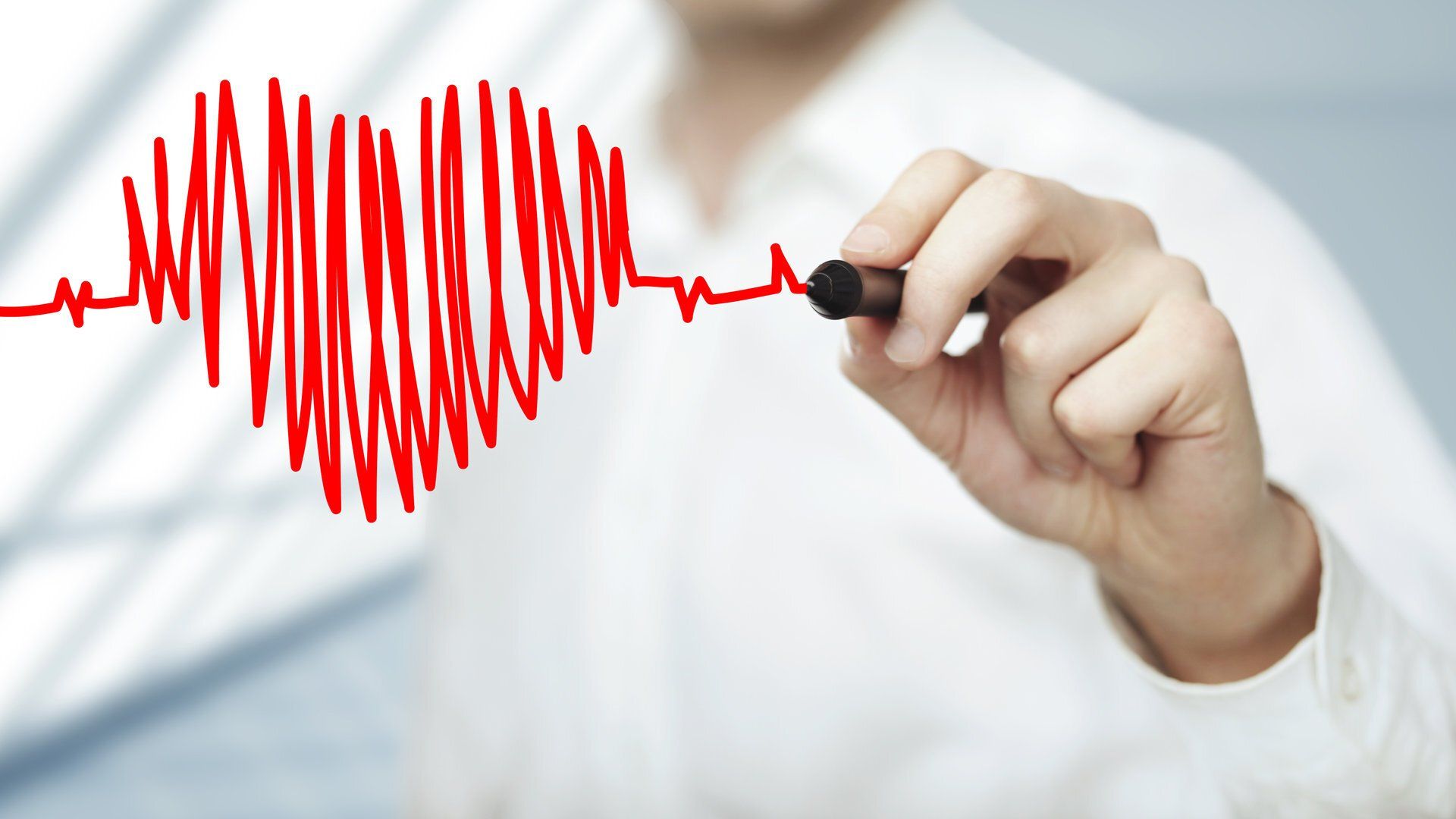
How to Prepare for an EKG Test
Preparation for an electrocardiogram is extremely easy because there’s usually nothing special a patient has to do – other than show up. It’s best to wear something comfortable since you’ll be asked to sit or lie still for a few minutes – usually between five and ten minutes, but no longer.
If you’re doing a stress or exercise EKG, expect to wear exercise clothes and prepare to be on a treadmill or bicycle. Keep in mind that the results aren’t always immediate and you might need to schedule a follow-up exam with your primary care doctor to go over the results and outcome.
Contact Good Samaritan LV Today!
Are you experiencing worrisome symptoms related to your heart health? Are your symptoms only worsening over time? Don’t worry, you’re not alone and there are hundreds of millions of people experiencing the same all around the world. Luckily, Good Samaritan LV is here to help!
Don’t hesitate to schedule an appointment with Dr. Shaun Jang, MD. Along with his team, Dr. Shaun Jang will do everything in his power to detect, diagnose, and treat your heart problems.



